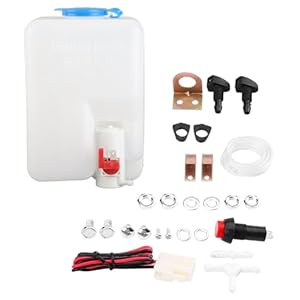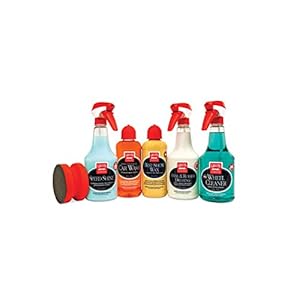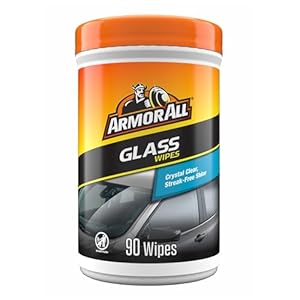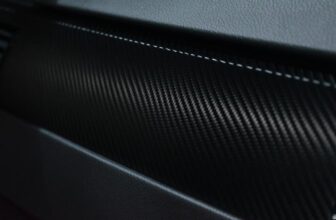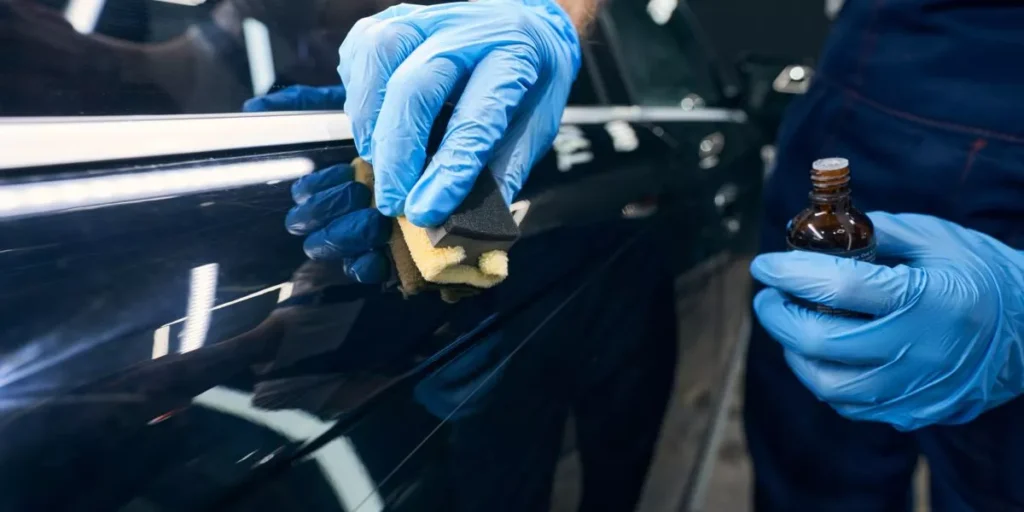
When it comes to taking care of your car, staying on top of maintenance tasks is crucial. From changing oil to inspecting brakes, each step plays a vital role in keeping your vehicle running smoothly. However, there’s more to comprehensive car care than just routine maintenance. Safety checks and interior and exterior care are equally significant in ensuring your car’s longevity and performance. But, there’s a hidden gem in this checklist that often gets overlooked, a simple yet essential step that can make a significant difference in your car’s overall well-being.
Regular Maintenance Tasks
Keeping your vehicle in top condition requires a consistent schedule of maintenance tasks. One of the most critical tasks is changing your oil regularly. This helps ensure that your engine stays properly lubricated, reducing wear and tear.
Additionally, checking and replacing air filters is crucial for optimal engine performance and fuel efficiency. Don’t forget about your tires – maintaining proper air pressure and tread depth not only enhances safety but also improves fuel economy.
Regularly inspecting your brakes is vital for your safety on the road. Ensuring that brake pads and fluid are in good condition can prevent accidents.
Another essential maintenance task is checking your battery. Corrosion and loose connections can lead to starting issues, so it’s important to keep your battery in top shape.
Lastly, scheduling routine inspections with a mechanic can help catch potential issues early, saving you time and money in the long run. By staying on top of these regular maintenance tasks, you can prolong the life of your vehicle and drive with peace of mind.
Essential Safety Checks
Regularly conducting essential safety checks on your vehicle ensures optimal performance and safeguards your well-being on the road. Start by checking your tire pressure and tread depth to maintain traction and prevent blowouts.
Inspect your brakes for any signs of wear, such as squeaking or grinding noises, and ensure that all lights are working correctly, including headlights, brake lights, and turn signals. It’s crucial to examine your windshield wipers for any damage and replace them if they aren’t clearing the windshield effectively.
Additionally, make sure your seatbelts are functioning correctly and that there are no visible signs of damage. Checking your fluid levels, including oil, coolant, and brake fluid, is essential for your vehicle’s overall health.
Lastly, inspect your car’s emergency kit to ensure it’s well-stocked with essentials like a flashlight, first aid supplies, and jumper cables.
Interior and Exterior Care
Maintain the cleanliness and appearance of your vehicle’s interior and exterior to preserve its value and enhance your driving experience. Regularly vacuuming the interior, wiping down surfaces, and cleaning the windows not only keeps your car looking great but also helps prevent wear and tear. Consider using protective products for the dashboard and seats to maintain their condition over time. Additionally, addressing any exterior dirt or grime by washing and waxing your car can protect the paint and metal from corrosion.
Inspect the exterior for any signs of damage, such as dents or scratches, and address them promptly to prevent rusting. Pay attention to the condition of your tires, ensuring they’re properly inflated and have sufficient tread depth for safe driving. Don’t forget about the lights – clean them regularly to maintain optimal brightness for visibility on the road. Taking care of both the interior and exterior of your vehicle won’t only make it more enjoyable to drive but also help retain its value in the long run.
Additional Tips for Car Care
For optimal car care, prioritize checking and replacing your engine oil regularly to ensure smooth performance and longevity of your vehicle. Engine oil lubricates the moving parts of your engine, reducing friction and preventing wear and tear. It’s essential to follow the manufacturer’s recommendations for oil change intervals based on your driving habits and the type of oil you use.
In addition to oil maintenance, keeping your tires properly inflated is crucial for safety, fuel efficiency, and tire longevity. Check your tire pressure monthly and before long trips, including the spare tire if you have one. Inspect tires for signs of wear and replace them when the tread is worn down to ensure good traction on the road.
Regularly inspecting and replacing air filters can improve engine performance and fuel efficiency. Clogged filters can restrict airflow, leading to decreased power and increased fuel consumption. Follow the manufacturer’s guidelines on when to change air filters based on your driving conditions.
Automotive & Tools

